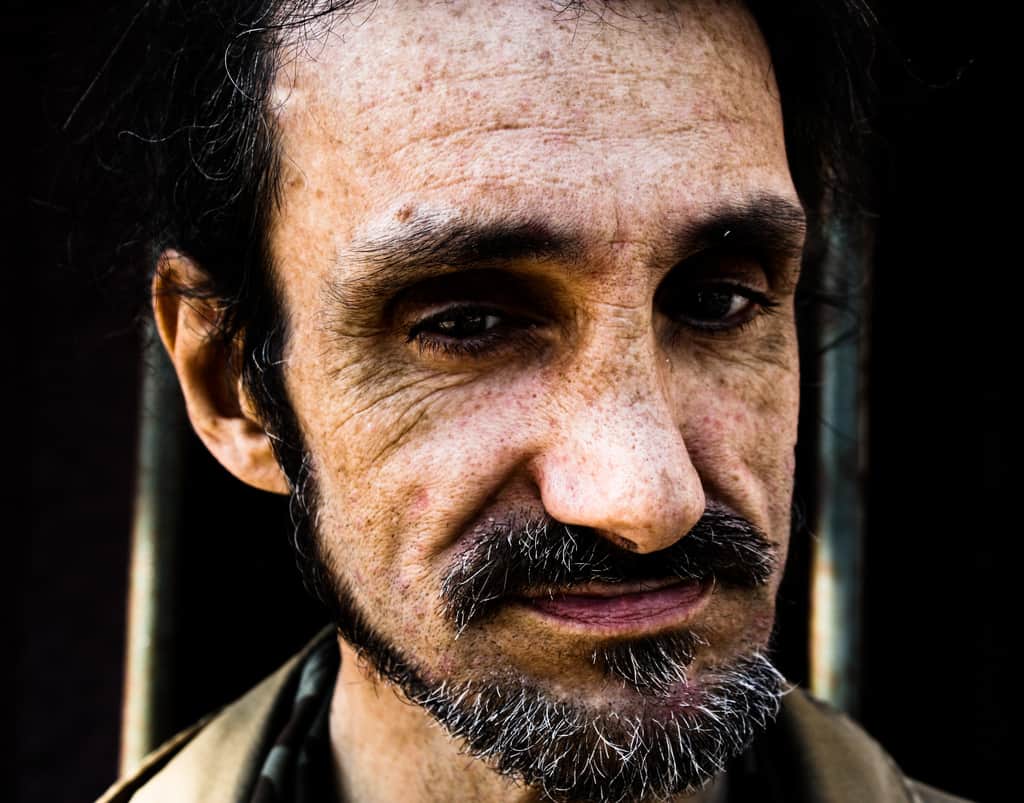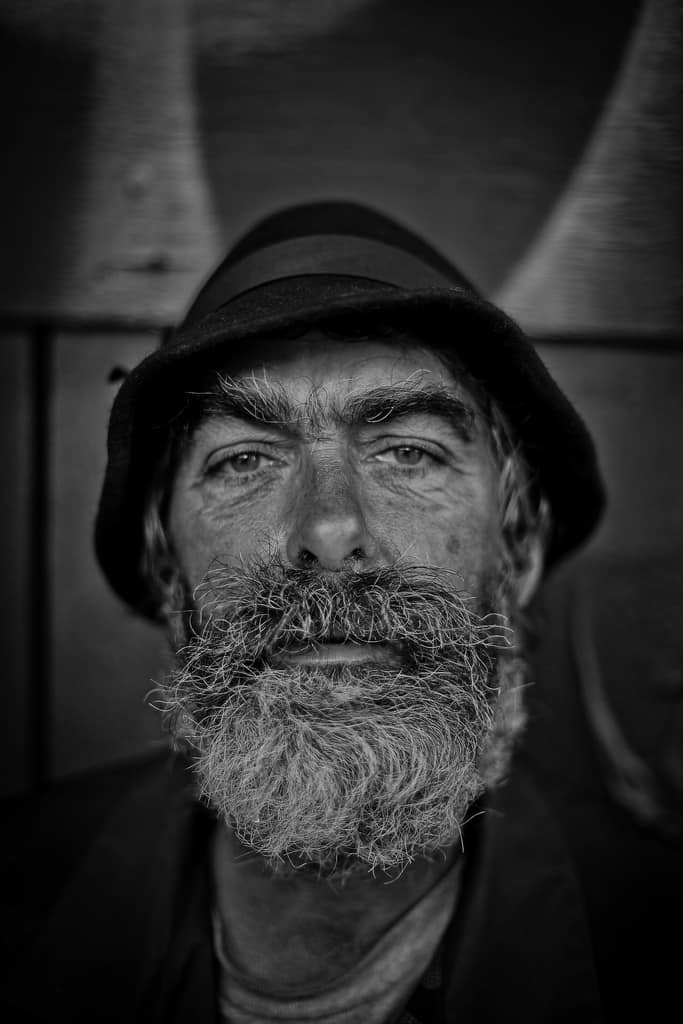I spent most of my life telling myself that I should have been someone else.
I should have been stronger than I was, I should have been thinner than I am, I should have learned to dance or play baseball. But I didn’t. The moment I decided to be a Jesuit was the moment I decided to stop telling myself who I shouldn’t be, and started letting God tell me who I already was — a beloved son and brother; a friend and companion; exactly the one I was meant to be.
In college I wouldn’t have gone anywhere near a site like the Jesuit Post, and I sure as hell wouldn’t have imagined myself telling random strangers about how I became one of the guys writing for it. Back then I was mostly getting high in my dorm room and drinking a whole hell of a lot. And then, in the first months of my sophomore year at Loyola Marymount University in Los Angeles, my grandfather was diagnosed with stomach cancer.
He decided not to seek treatment. It meant that he basically starved to death. It was pretty brutal to watch. He was one of the strongest men I’d ever known, and he simply wasted away. The best way I knew to deal with pain at that point in my life was to get as high as I possibly could and to stay that way for as long as I possibly could.
***
God calls, but it was a public safety officer and my RA who saved me.
I was out of the building during a fire drill and they found an ounce of marijuana and several empty cases of booze in my room. I was angry, but more, I was embarrassed. On the surface I was an upstanding service oriented LMU student; my mom was the Academic Vice President of the university at the time. Publicly I was exactly who I “should have been.” Privately I was depressed and alone and profoundly self-destructive. As they searched my room a deep personal wound was being exposed.
To top it all off my RA was a fellow service organization member and we had signed up to feed the homeless together the very next day. Two worlds that I had wanted to keep separate, my public life and my private life, were colliding. In a word, I felt humiliated.
The next morning my RA didn’t say anything about what had happened the night before. She looked on my humiliation with kindness and treated me with a dignity that I wasn’t sure I deserved. We went and fed the homeless.
And in that moment, looking across the serving line into the eyes of those men, I learned something about solidarity. I realized that I too had felt shame, I too had known suffering. I experienced for the first time what it meant to live with true compassion, to suffer with instead of suffering alone. Never before had I felt so close to God, the God who looks on our humiliation with kindness, the God who loves us, desires us, and calls us just as we are.



